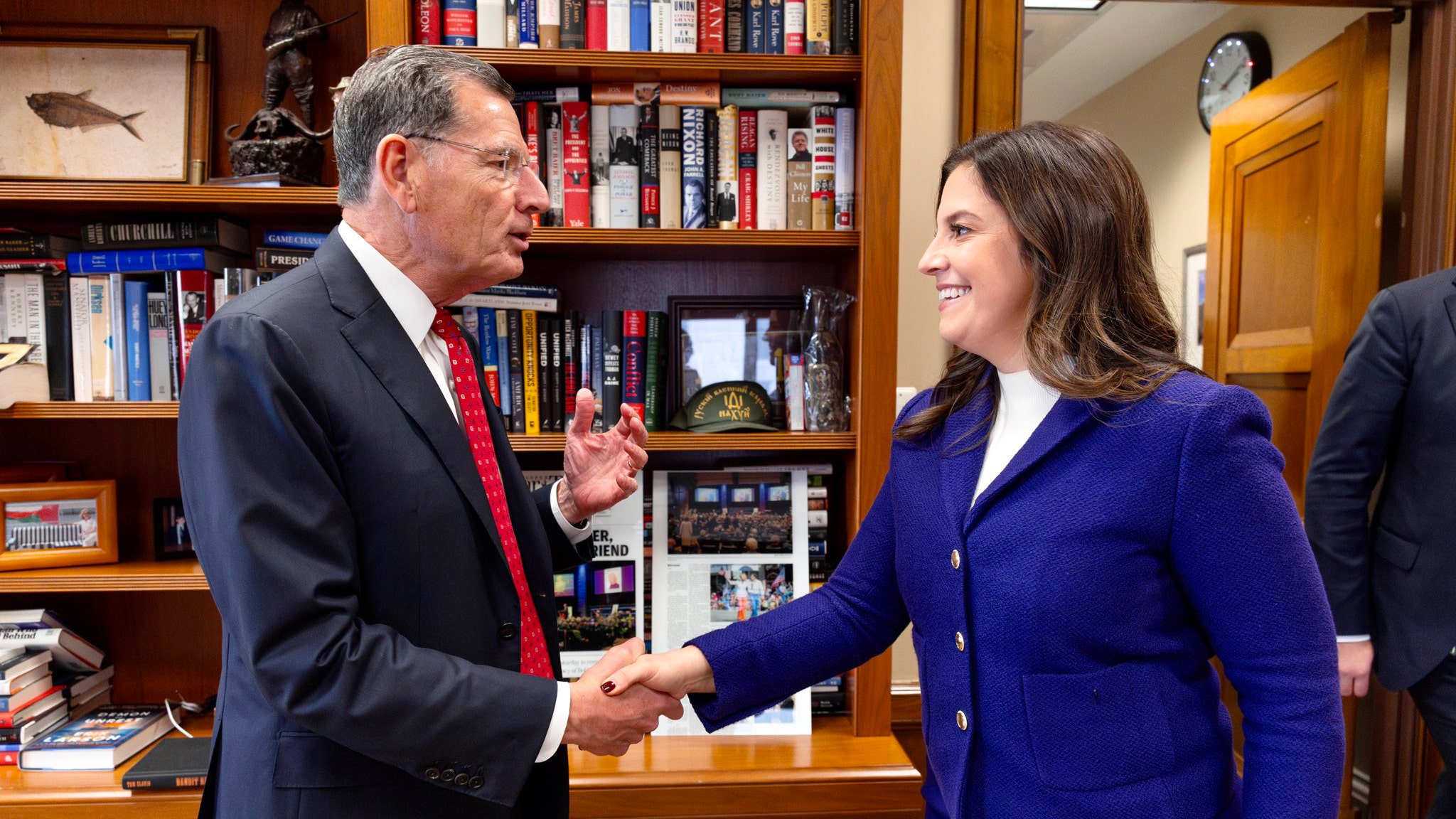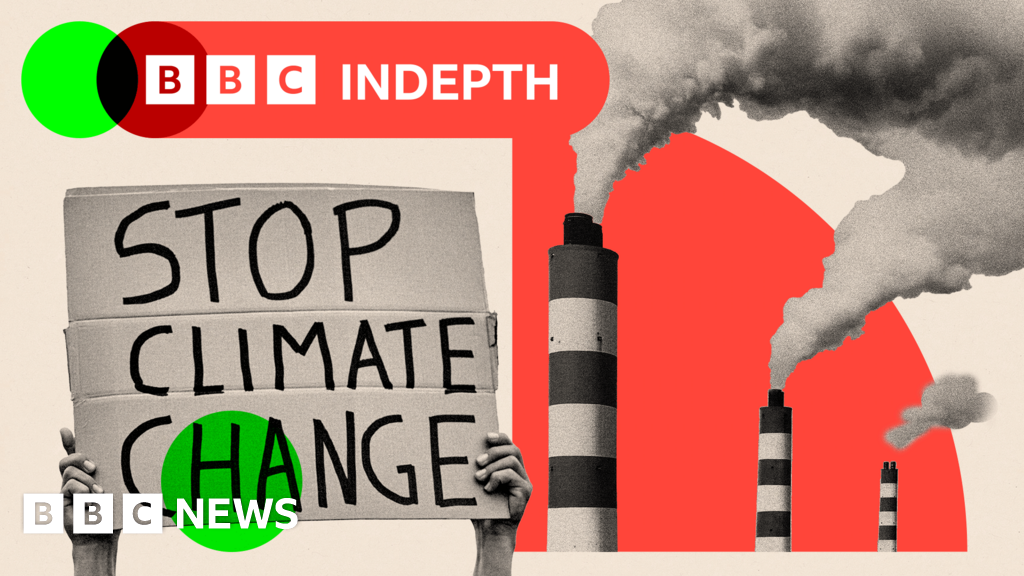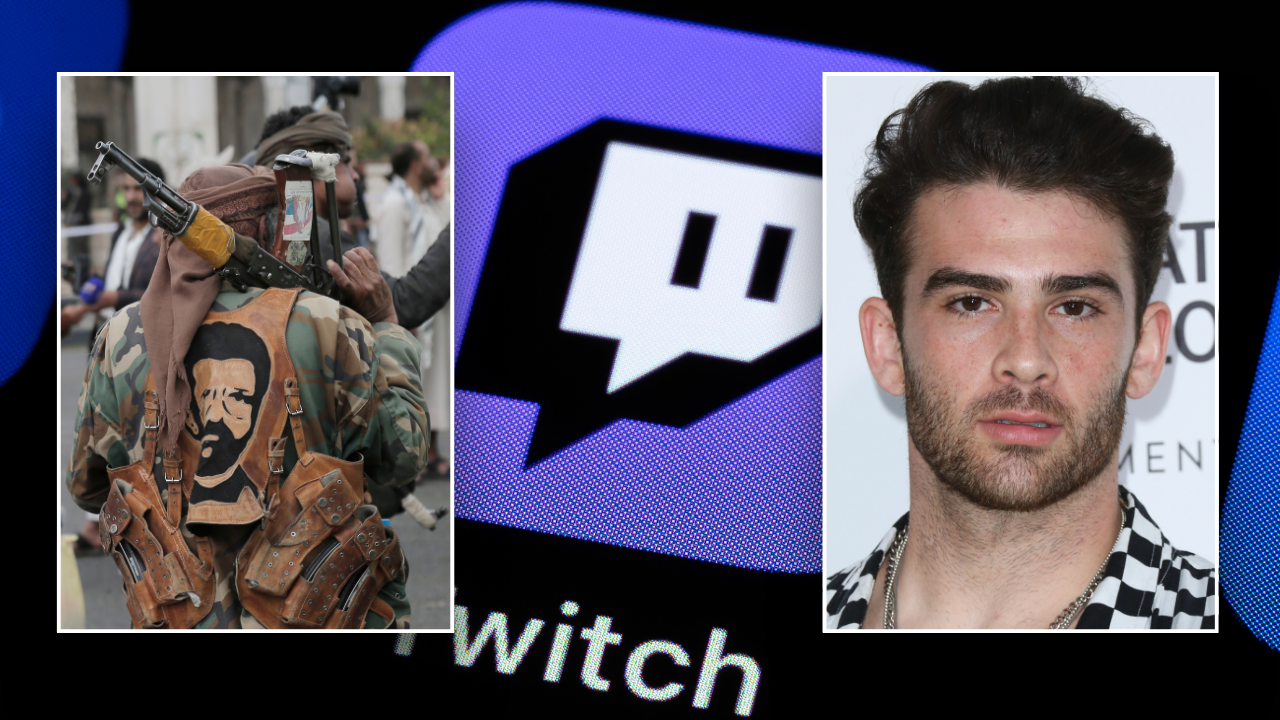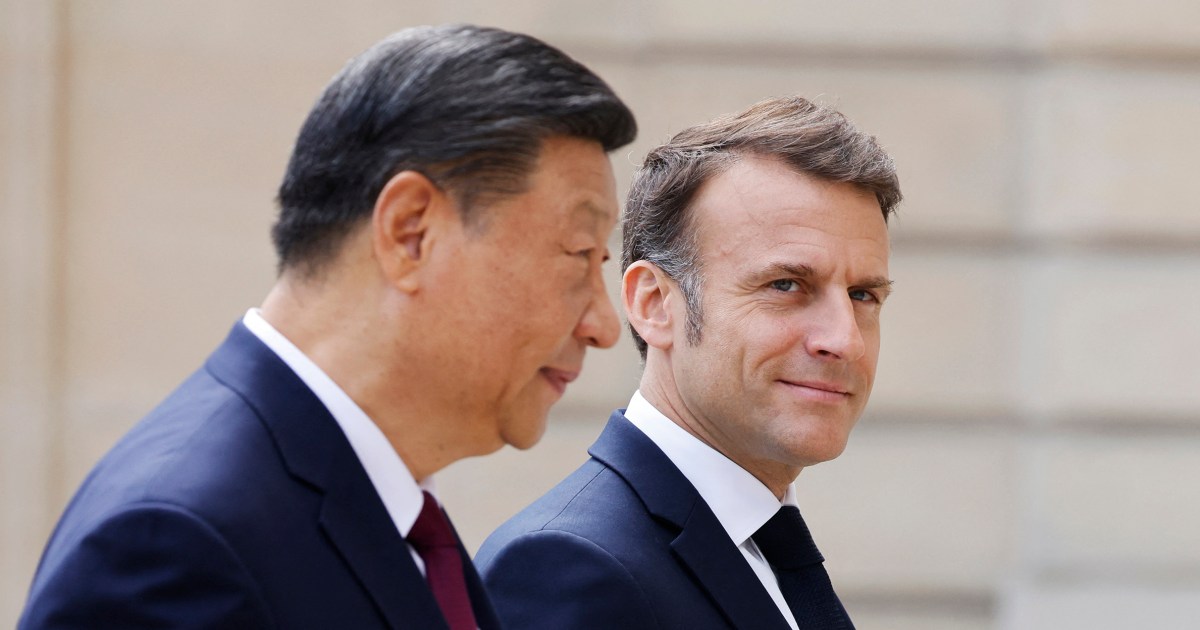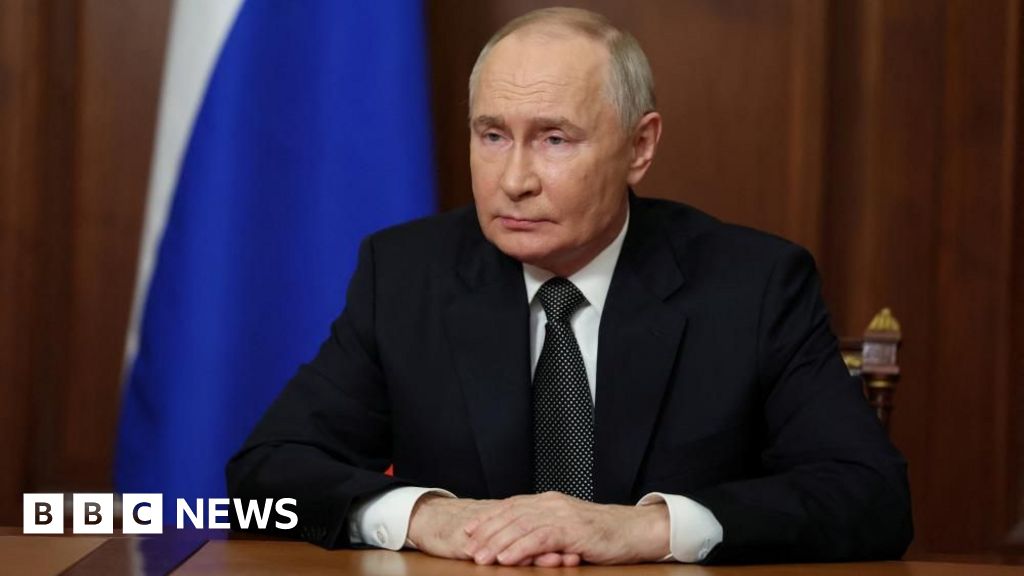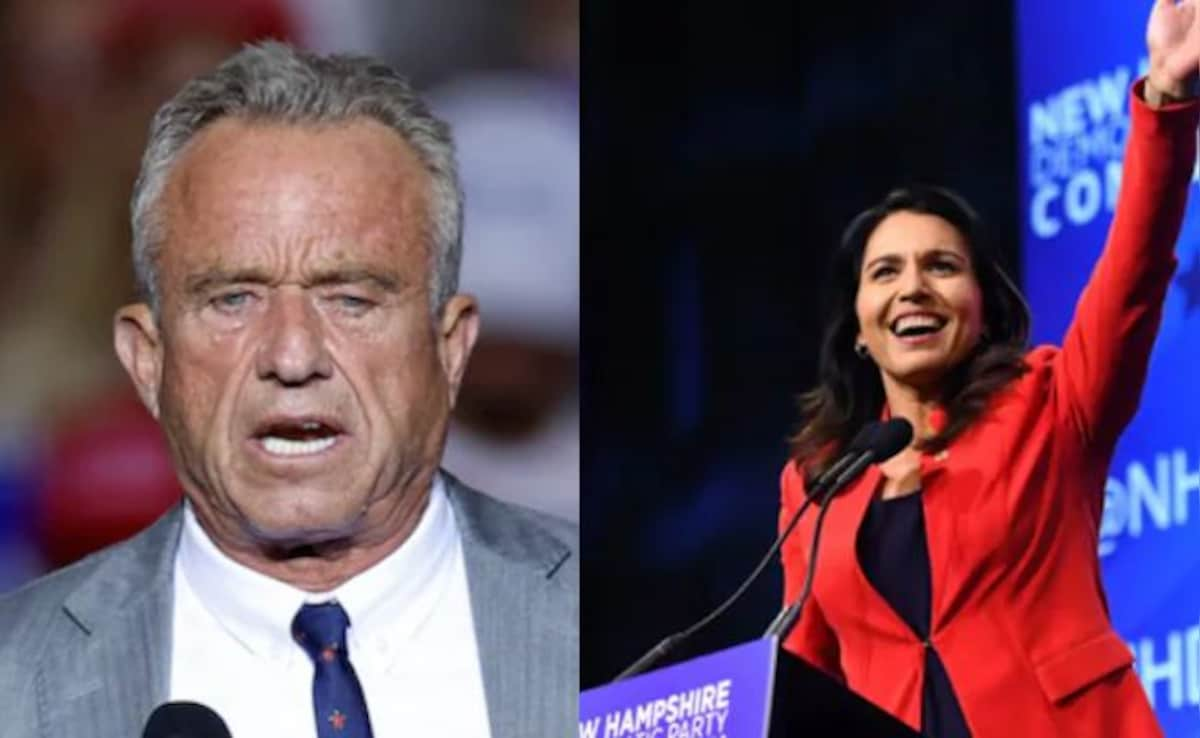World
How America’s presidential debates are changing this year

“WE AIN’T DEAD yet,” Frank Fahrenkopf insisted last month on “The Daily Show”, an American TV programme. Jon Stewart, the host, looked sceptical. Mr Fahrenkopf leads the Commission on Presidential Debates (CPD), a non-partisan body whose sole purpose is to organise match-ups every four years. This year his group will have nothing to do with them. In May, after signalling that he might not participate at all, Joe Biden challenged Donald Trump to debate him—on Mr Biden’s terms. Mr Trump agreed. The presidential candidates will face off twice. Unusually, news networks, rather than the CPD, will host the encounters. They will take place months earlier than they normally would. The first is scheduled for June 27th. How will these new arrangements change presidential debates?
The CPD was founded in 1987 to “institutionalise” the debates and mediate between rival campaigns. At the time, televised showdowns were relatively new. The first, between John F. Kennedy and Richard Nixon, took place in 1960. But candidates did not debate again for 16 years. Incumbents tended to consider the practice degrading.
In case you missed it
When debates restarted, in 1976, the League of Women Voters sponsored them. But the League lacked money—and power. In 1984, for example, it allowed the presidential campaigns to veto about 100 of the journalists that it had put forward to moderate an event. The two main parties created the CPD to have more clout: it is made up of both Democrats and Republicans and, with sponsorship from private companies and fees from the institutions that host debates (usually universities), has a permanent budget. According to Mr Fahrenkopf, the CPD did not, for example, agree to a request by Al Gore—the sweat-prone (and presciently temperature-focused) Democratic candidate in 2000—for the debate room to be set at 10°C.
Over the years the CPD’s format became standardised: it put on three 90-minute debates, divided into six 15-minute segments, during each general election year. Third-party candidates were eligible only if they appeared on enough ballots to win the electoral college and polled at 15% or higher.
But both Republicans and Democrats have complained about the CPD in recent years. The parties have wanted debates to be held earlier in the year, to account for a rise in early voting, which surged during the pandemic. Mr Trump’s campaign criticised the CPD for setting this year’s first debate for September 16th; ten states will have begun mailing out ballots by then. In truth, candidates have another reason to favour early debates: it gives them more time to recover from gaffes. Republicans also claimed that the commission was “biased” in its selection of moderators: one, chosen for a debate in 2020 that did not take place because Mr Trump had COVID, had interned for Mr Biden decades before.
The conditions that Mr Biden proposed last month reveal his worries. In the first debate four years ago Mr Trump constantly interrupted both the moderator and Mr Biden. This month CNN, the host, will mute microphones when the candidates are not entitled to speak. There will be no studio audience, which will thwart Mr Trump’s impulse to whip up sympathetic crowds. CNN is adhering to the CPD’s standard for third-party candidates. If ABC, the host of September’s debate, does too, then Robert Kennedy junior, who is on the ballot in six states so far and polling well, could plausibly qualify.
The CPD rejects the campaigns’ complaints over timing. It insists that its proposed date would affect only a small number of voters, while giving independent candidates enough time to secure a place on ballots. It also argues that the debates agreed to by Mr Biden and Mr Trump, which will only be disseminated by the host network, will reach a smaller audience. Still, Mr Fahrenkopf conceded that if the campaigns “can reach some agreement…and [the debate] happens”, that is good news. For now, the Biden and Trump camps, divided on everything else, seem to have struck a deal. Whether future campaigns will do so is up for debate.
© 2023, The Economist Newspaper Limited. All rights reserved. From The Economist, published under licence. The original content can be found on www.economist.com


